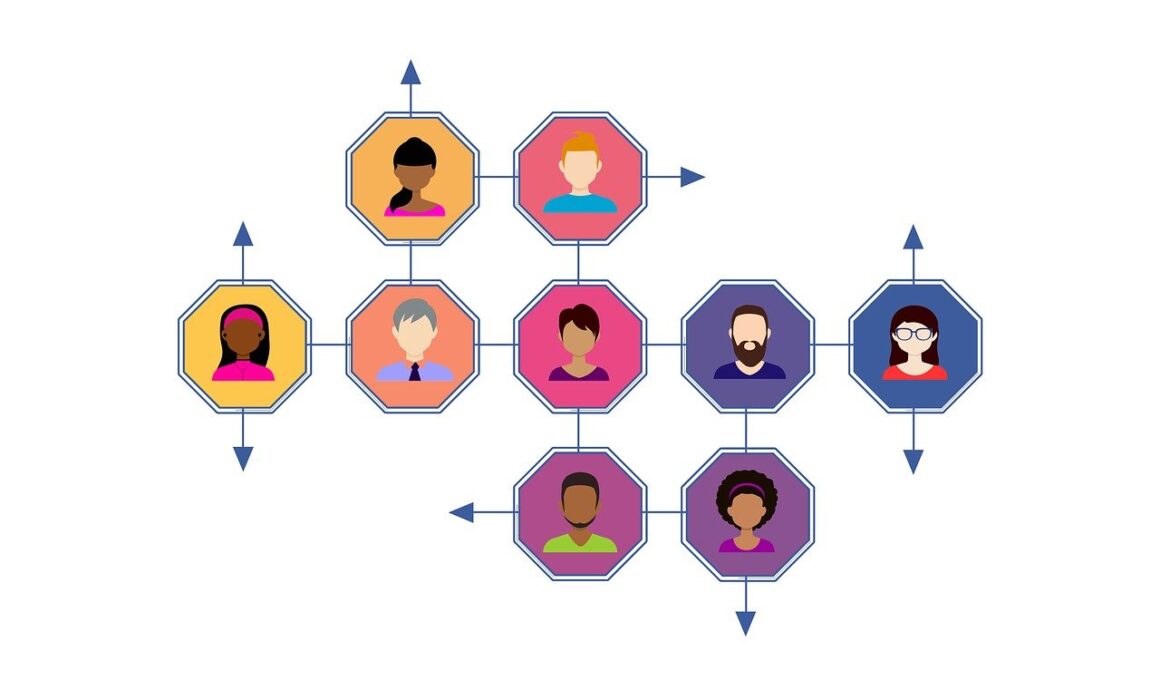Social Media Survey Techniques That Led to Increased Follower Retention: Case Analysis
In today’s digital landscape, utilizing social media survey techniques is essential for understanding audience preferences. Successful brands leverage these tools to develop deep insights that ultimately improve follower retention rates. For instance, one notable case study involved a major clothing retailer aiming to enhance customer experience through targeted surveys. They utilized engaging formats on platforms like Instagram and Twitter, garnering subscriber feedback on their product variety. Combining qualitative and quantitative approaches in their survey design, they were able to capture detailed responses, which they then analyzed to identify patterns. This information helped them craft a more personalized marketing strategy, which significantly boosted customer engagement rates. Furthermore, they integrated gamification elements into their surveys to increase participation. As a result, they reported a remarkable 30% increase in survey responses. By actively involving customers in shaping the brand, they fostered a sense of loyalty and retention. Analyzing the wealth of data generated from these surveys, the retailer was able to implement informed changes leading to higher follower retention and satisfaction levels throughout their social media platforms.
Building on the previous case, the clothing retailer also emphasized the importance of timing and target audience. They carefully scheduled survey distributions coinciding with pivotal marketing campaigns, ensuring maximum participation. A key element was defining their target demographics accurately based on previous engagement analytics. They segmented the audience through their social media channels, allowing tailored surveys that addressed specific customer needs. For example, they designed a separate survey for customers who frequently interacted but had lower purchase frequency. This strategy uncovered valuable insights regarding their barriers to buying. Not only did they gather essential data, but they also made participants feel valued by acknowledging their concerns. In response to survey feedback, the brand could introduce new product lines that directly addressed customer desires. Additionally, the survey results created opportunities to build stronger emotional connections with followers. Ultimately, focusing on the right timing and demographic targeting allowed the brand to gain insights that led to a significant reduction in follower churn rates, paving the way for long-term success and loyal customer relationships within their social media channels.
Survey Design and Implementation Strategies
Another successful case study emerged from a popular travel company which utilized innovative survey implement strategies. To gather essential insights on employee and customer satisfaction, they created engaging surveys that combined storytelling elements to connect better with respondents. By infusing their surveys with personal narratives, they maintained higher levels of engagement, resulting in sharp increases in completion rates. This technique not only provided valuable feedback but also reinforced the brand’s image as a relatable entity. Furthermore, they introduced interactive elements through pop-up surveys and contests, captivating followers during peak content moments. The travel company also employed social listening tools to supplement survey data with real-time follower concerns and trends. This multi-faceted approach created a comprehensive understanding of their audience. They observed a significant spike in followers leading to a loyal customer base. Their approach demonstrated that creative survey techniques coupled with real-time data analysis can foster robust engagement strategies, resulting in increased follower retention. Adopting such thoughtful designs and implementations bolstered their reputation as a brand dedicated to listening and responding to its customer base, thereby sustaining long-lasting connections and brand affinity.
The combination of follow-up actions based on survey results played a crucial role in both case studies. By actively responding to customers’ feedback, the clothing retailer and travel company fostered a culture of sincerity and transparency. Each brand recognized sentiments expressed through surveys were not merely data points but reflections of their audience’s voices. They capitalized on customer feedback by launching targeted campaigns that acknowledged key concerns raised in surveys. For instance, the travel company ensured follow-up communication by sharing how they planned to implement changes based on survey responses. This tactic strengthened followers’ sense of connection and commitment to the brand. They regularly published ‘You Said, We Did’ posts to communicate actions taken, further embedding a community-focused mindset among their followers. With consistency in approaching feedback and implementing changes, both companies reported enhanced follower retention metrics. This ongoing conversation not only increased loyalty but also drove brand advocates who eagerly promoted their beloved brands across their social platforms, ultimately nurturing a thriving community.
Analytics and Continuous Improvement
A significant aspect of successfully employing social media survey techniques lies in leveraging analytics for continuous improvement. Both case studies demonstrated the critical role of monitoring survey outcomes and analyzing trends. The brands used advanced analytics tools to extract actionable insights from survey responses, enabling them to adapt their social media strategies accordingly. They delved into response patterns, demographic preferences, and overall satisfaction metrics to refine their approaches continuously. For example, the clothing retailer noted trends in product preferences that spanned across different demographics, thus allowing them to create tailored campaigns for specific target audiences. Meanwhile, the travel company implemented A/B testing for their campaigns, measuring which survey-driven changes produced the best retention outcomes. By consistently refining their social media strategies in response to survey feedback and analytics, both brands illustrated the effectiveness of adapting technology to gather and analyze relevant data. This adaptive approach promotes not just follower retention but a framework for long-term sustainable growth in a rapidly evolving digital landscape. Thus, analytics recommendation becomes the backbone of fostering deep, enduring relationships with their followers.
Social media surveys can also significantly enhance follower retention by fostering a community-centric approach. Both the clothing retailer and travel company emphasized engagement beyond transactions by inviting followers to share their stories and experiences through surveys. Encouraging user-generated content through creative storytelling elements incented followers to participate in the survey process. In doing so, they cultivated a sense of belonging among customers, enhancing emotional attachment towards the brand. Users felt empowered as their inputs actively shaped company decisions. By promoting active participation, the brands transformed casual followers into devoted supporters. Regularly featuring selected customer stories on their social media platforms helped both brands to celebrate their community. This approach created a two-way street of communication, where followers felt valued and cherished. This reciprocal relationship fosters a loyal customer base and translates into consistent follower retention. In conclusion, successful social media strategies employ survey techniques as essential tools for forming genuine relationships with followers, ultimately leading to increased engagement and sustainable growth within the community.
Conclusion: The Impact of Strategic Surveys
The intention behind implementing social media surveys is to garner valuable insights and perspectives that fortify relationships with followers. Both the clothing retailer and travel company showcased their ability to innovate through effective survey techniques, vastly enhancing their follower engagement and retention. They not only collected data but shaped the customer experience based on genuine feedback. By emphasizing transparency, responsiveness, and community-building, these brands exemplified how transformed engagement can significantly reduce churn rates among followers. As businesses increasingly recognize the value of their audience’s voices, leveraging the power of social media surveys proves essential for competitive differentiation. The case studies suggest that as brands prioritize the listener’s perspective, they build trust and establish loyalty. Ultimately, strategic use of social media surveys promises significant returns in the form of enhanced follower retention and maximized growth potential. As the digital environment continues to evolve, adopting these techniques will be key for companies looking to thrive through authentic connections and customer-centric strategies.
Successful social media surveys exemplify that with the right approach, brands can interact meaningfully with their audience. The lessons from these case studies provide a roadmap not just for businesses but also for marketers. By adopting effective social media survey techniques rooted in strategy, brands can ensure they remain relevant and deeply connected to their audience base. Thus, they can serve insights into evolving industry trends, preferences, and consumer needs. Future marketers can draw insight from these successful cases to tailor and innovate their survey methodologies. Comprehending that survey techniques must evolve with their audience’s expectations is essential for any brand aiming for long-term sustainability. Though each company operates in different fields, the shared insights from these case studies highlight universal truths about effective customer engagement. In a volatile digital landscape, successfully adapting popular survey techniques becomes an art form as well as a science. Totalling the contributions to the organic follower journey can navigate brands through a successfully tailored communication path, enriching the overall brand follower operation into one that sets itself apart in today’s market.


